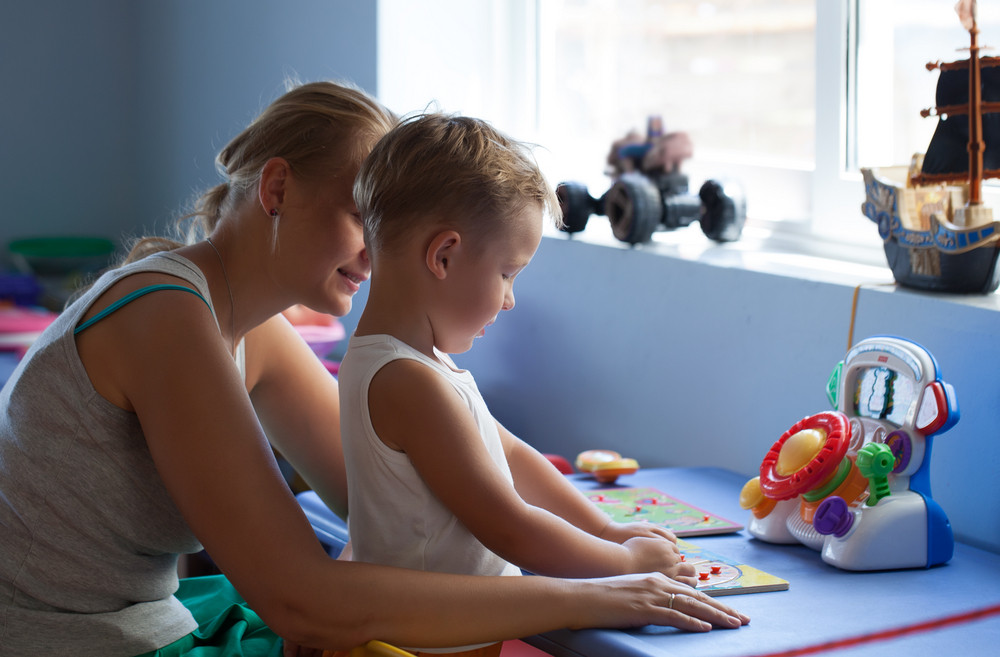As a parent that has left an abusive partner, you are making the right choice, a hard choice, no doubt, but the right one. Children that are exposed to domestic violence suffer trauma that can affect them for the rest of their lives. How can you help your child after leaving an abusive partner, especially when that partner is the other parent? These tips can help.
Communication Is Key
Gaslighting is a buzzword we hear all the time now. Sometimes a parent will gaslight a child unintentionally after they have left an abusive relationship. Honest communication is a necessity. Talking to your child about how they feel about the situation is important. Even small children can express their feelings. You should not “guide” their feelings or answers. You should just ask the question “how does all this make you feel?”. You should also share your feelings in age-appropriate language. For example, “mommy is worried too or mommy feels frustrated too”.
About 8% of children that are between the ages of three to seventeen have communication problems in the last twelve months, according to a study done by John Hopkins. In some cases, the disorder is brought on by trauma. If you notice that your child is communicating less or having difficulty expressing themselves, seek professional help.
Safety and Security
As a parent leaving an abusive partner, safety and security for you and your child have to be a priority. Family violence incidents have escalated over the last few years. A recent Crime in Texas report found that family violence escalated by 8.6% in 2020 compared to 2019. There were 213,875 reports filed of domestic violence in 2020 in Texas alone.
While domestic violence is seemingly far too common, it is never okay. Your child needs to be assured of their safety and that they are in a secure environment where no one can hurt their parent or them. Create a nightly ritual where your child helps you to lock the doors at night to show them how safe your new home is.
On the same note, if your situation has prompted you to buy a handgun, please, keep it secure. About 4.6 million kids live with a parent and are currently living with loaded, unsecured handguns in their homes according to the Department of Health and Human Services. Please do not let your child have access to any weapon. Lock it up, don’t tell them it is there.
It Takes a Village
As a single parent, you are going to need help. Reach out to friends and family and tell them your situation. Ask for help. You do not have to parent on your own. There are people in your life that want to help you. Being a parent does not mean doing it all on your own. It can be humbling to have to explain your situation, but there are people who care and that will support you.
Enlisting the help of other people to surround your child with caring adults not only helps you to parent but shows your little one that there are good people that are safe in their life. You may have left your partner, but you do not have to parent alone.
What Do You Say About Your Partner When They Are The Child’s Parent?
It can be hard to reign in your anger when you are talking about an abusive partner that happens to be your child’s parent, but you should. You never want to use hateful language or say harmful things to your child about their other parent. It is okay to say that you cannot live together, it is okay to say that it is best to live apart, but you should never say things that will damage the child.
If you are finding it difficult to navigate conversations with your child and provide care that will help them heal, reach out and get some professional help. There is help available and you should take advantage of it. You are doing the right thing. Get the support you need today to parent your child after leaving an abusive relationship.
